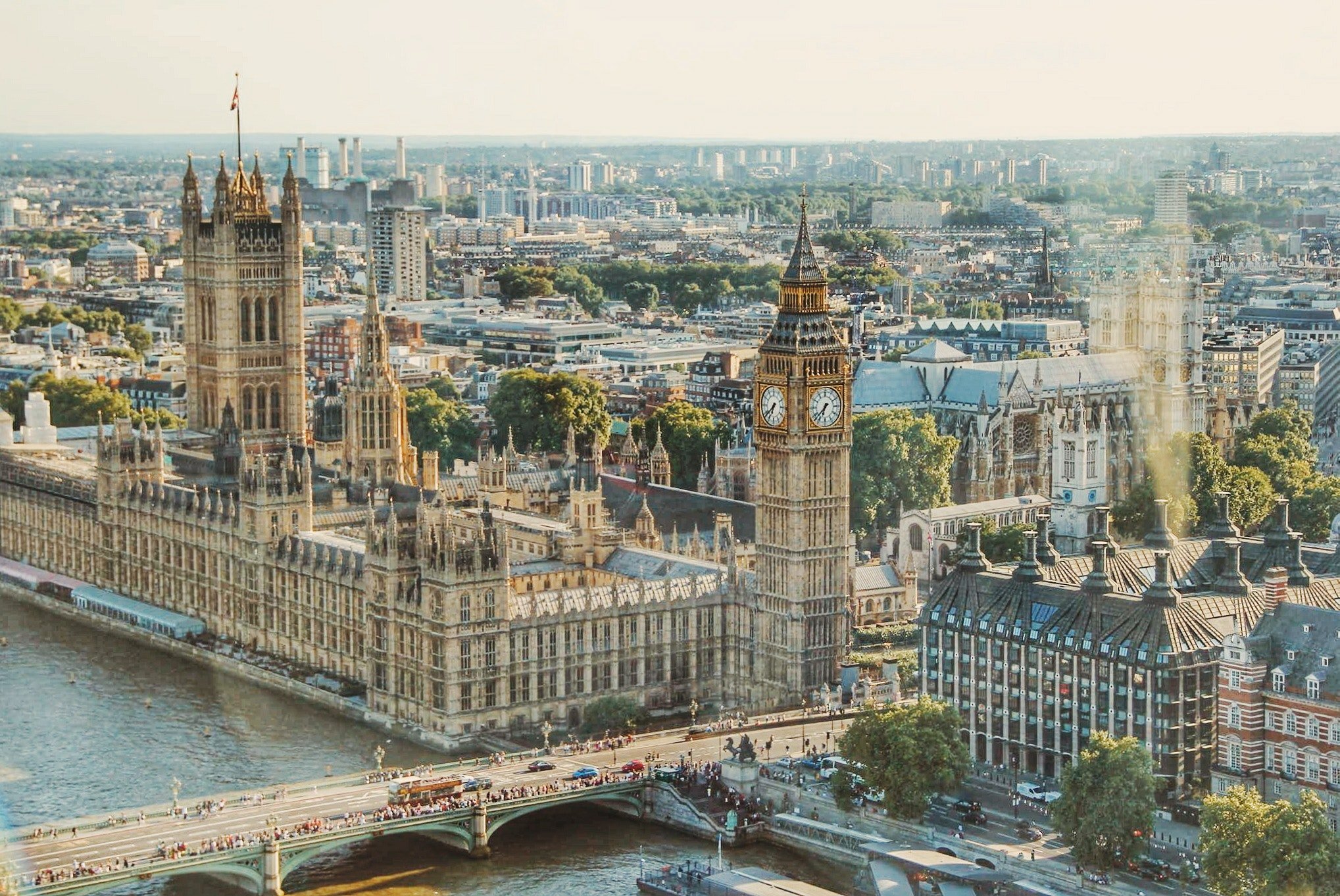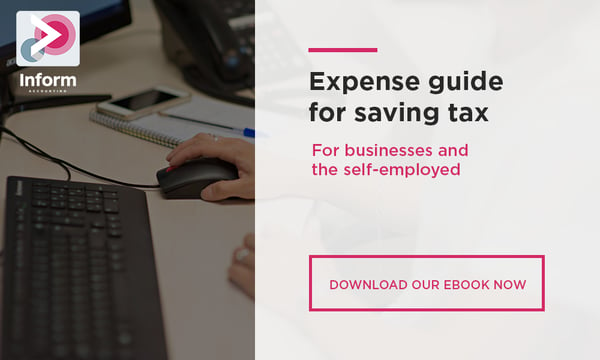BLOG
The Ups and Downs of the Spring Statement 2022

The Chancellor of the Exchequer, Rishi Sunak, delivered his Spring Statement on Wednesday 23 March 2022. In this early edition of our April tax newsletter we outline the key measures affecting our clients.
National Insurance Contributions (NICs)
Despite lobbying to delay the upcoming 1.25% increase in NICs payable by employees, employers and the self-employed, the government has decided to go ahead as planned from April 2022, to provide additional funds for health and social care.
Some new measures have however been announced in an attempt to combat the effect of the increase, at least partially.
Increase in the starting NIC threshold for individuals
The annual level at which employees and the self-employed start to pay NICs was due to increase from £9,568 to £9,880 from 6 April 2022.
This increase will go ahead but be further uplifted to £12,570 from 6 July 2022, effectively aligning the point at which an individual starts to pay NICs with the £12,570 income tax personal allowance.
In the tax year to 5 April 2023, this is a NIC cut worth £267 for most employees and £207 for most self-employed individuals.
Crucially, this will more than negate the impact of the 1.25 percentage point NIC increase for most workers with employment earnings of less than £34,000, providing them with a small contribution to the increased cost of living.
The starting NIC threshold for the self-employed and company directors is computed on an annual basis and so will be set at a pro-rata sum of £11,908 for the whole of the tax year to 5 April 2023, before increasing to £12,570 in the tax year to 5 April 2024.
Class 2 NIC liabilities of the self-employed
For the self-employed, some individuals will find that they no longer need to pay Class 2 NICs from April 2022. The small profits threshold will be set at £6,725 as planned but the requirement to pay Class 2 NIC will only apply to those with self-employed profits over £11,908.
This will benefit approximately 500,000 self-employed individuals by saving them £165 a year.
From 6 April 2023, Class 2 NIC will only be payable by those with profits over £12,570.
What about employers?
No changes have been made to the annual level at which employers’ NIC start to apply; namely £9,100 for most employees in the tax year to 5 April 2023.
However, the Employment Allowance, which allows eligible businesses to reduce their employer NIC cost, will increase from £4,000 to £5,000 for the tax year to 5 April 2023.
It is expected that 495,000 businesses will benefit from this increase, with most saving £150 in the tax year to 5 April 2023.
Personalised summary
While the Spring Statement described tax cuts, we must not lose sight that there is still the upcoming 1.25 percentage point increase in NIC, along with a freeze in income tax bands and allowances. Many individuals and businesses will still be paying more tax and NIC in the year to 5 April 2023 than they did last year.
Please get in touch if you’d like a personalised summary of how these changes affect you or if you have any questions about your payroll.
Income Tax
The Chancellor has committed to reduce the basic rate of income tax from 20% to 19%, but not until 6 April 2024.
Note that the Scottish Parliament and Welsh Assembly have devolved powers to set their own income tax rates on earned income.
It is estimated that this will save 30 million individuals an average of £175 per year.
Business Tax Relief for Capital Investment
In preparation for the 130% ‘super-deduction’ for companies coming to an end on 31 March 2023, other alternatives are being considered in an attempt to continue encouraging investment from April 2023.
In the meantime, remember to talk to us about the reliefs potentially available (to companies and non-corporates) for expenditure on plant and machinery. This includes:
- A £1 million annual investment allowance;
- 130% and 50% super-deductions;
- 100% first-year allowances (including on electric cars); and
- 18% and 6% writing down allowances.
The date of acquisition of capital assets can make a difference to the tax relief you can claim so do speak to us before your next sizeable investment.
Fuel Duty
Fuel duty has been cut by 5p per litre for 12 months from 6pm on 23 March 2022.
The Treasury report that this will save the average car driver £100 a year and the average van driver £200 a year.
Household Support Fund
The Household Support Fund will be doubled to £1billion from April 2022. The Fund will help households with the cost of essentials such as food, clothing and utilities.
Green Technology
Green technology, including solar panels and heat pumps, will be exempt from business rates in England from April 2022, a year earlier than originally planned.
VAT on Energy Saving Materials (ESMs) installed in residential accommodation will be reduced from 5% to 0% from this April in Great Britain. The measure will be introduced in Northern Ireland in due course. The 0% rate will apply until 31 March 2027.
A 100% relief for eligible low-carbon heat networks which have their own rates bill will also be available.
VAT Rates in the Leisure and Hospitality Sector
No extension has been granted to the leisure and hospitality sector for use of the reduced 12.5% VAT rate on eligible supplies including food, non-alcoholic beverages and hotel and holiday accommodation. The VAT rate applied to these supplies will revert to 20% from 1 April 2022 as planned.
Research and Development (R&D)
The R&D tax relief schemes for companies will be enhanced from April 2023 but we have to wait until this summer for more details.
We do know the reform is set to boost sectors where the UK is a world-leader, including artificial intelligence, robotics, manufacturing, and design.
Need professional tax advice?
Get in touch with us today to find out how we can help keep your taxes minimised, and benefit from our expert advice. Give our Business Development Manager a call on (0121) 295 8884, or email charlie.sangha@informaccounting.co.uk.
Read more of Inform's tax blogs:




.jpg?width=1500&height=1000&name=amy-hirschi-K0c8ko3e6AA-unsplash-(5).jpg)

